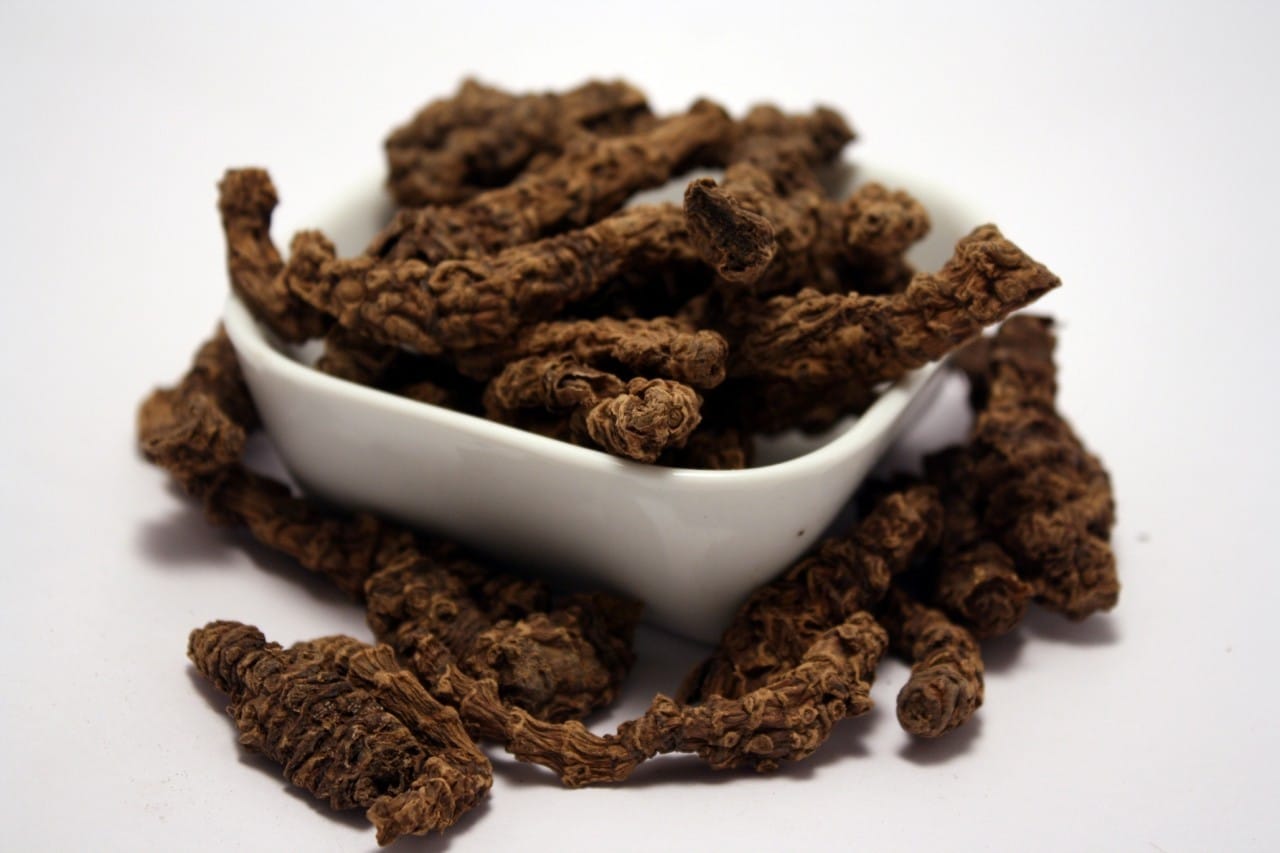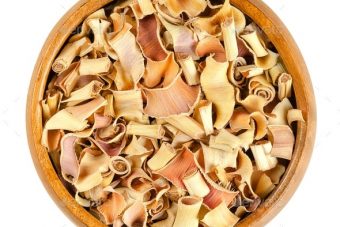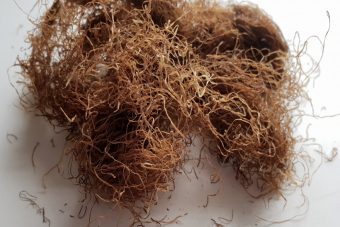Valerian Root
Valerian is most commonly used for sleep disorders, especially the inability to sleep (insomnia). It is frequently combined with hops, lemon balm, or other herbs that also cause drowsiness. Some people who are trying to withdraw from the use of “sleeping pills” use Valerian to help them sleep after they have tapered the dose of the sleeping pill. There is some scientific evidence that valerian works for sleep disorders, although not all studies are positive. Valerian is also used for conditions connected to anxiety and psychological stress including nervous asthma, hysterical states, excitability, fear of illness (hypochondria), headaches, migraine, and stomach upset. Some people use valerian for depression, mild tremors, epilepsy, attention deficit-hyperactivity disorder (ADHD), and chronic fatigue syndrome (CFS). Valerian is used for muscle and joint pain. Some women use valerian for menstrual cramps and symptoms associated with menopause, including hot flashes and anxiety. Sometimes, valerian is added to bath water to help with restlessness and sleep disorders.In manufacturing, the extracts and oil made from valerian are used as flavoring in foods and beverages.
Common names are Amantilla, Setwall or Setewale Capon’s tail. Botanical name is Valeriana Officinalis. Main constituents are Glucoside, Resin, Alkaloids, Calcium, Magnesium, and Valeric Acid. Common uses are in naturopathy, psychology and pharmaceutical. It helps to relieve anxiety and regulate sleep. It also helps to treat a variety of gastrointestinal issues. Valerian is used as an essential oil and is popularly used as a strong herbal tea.



